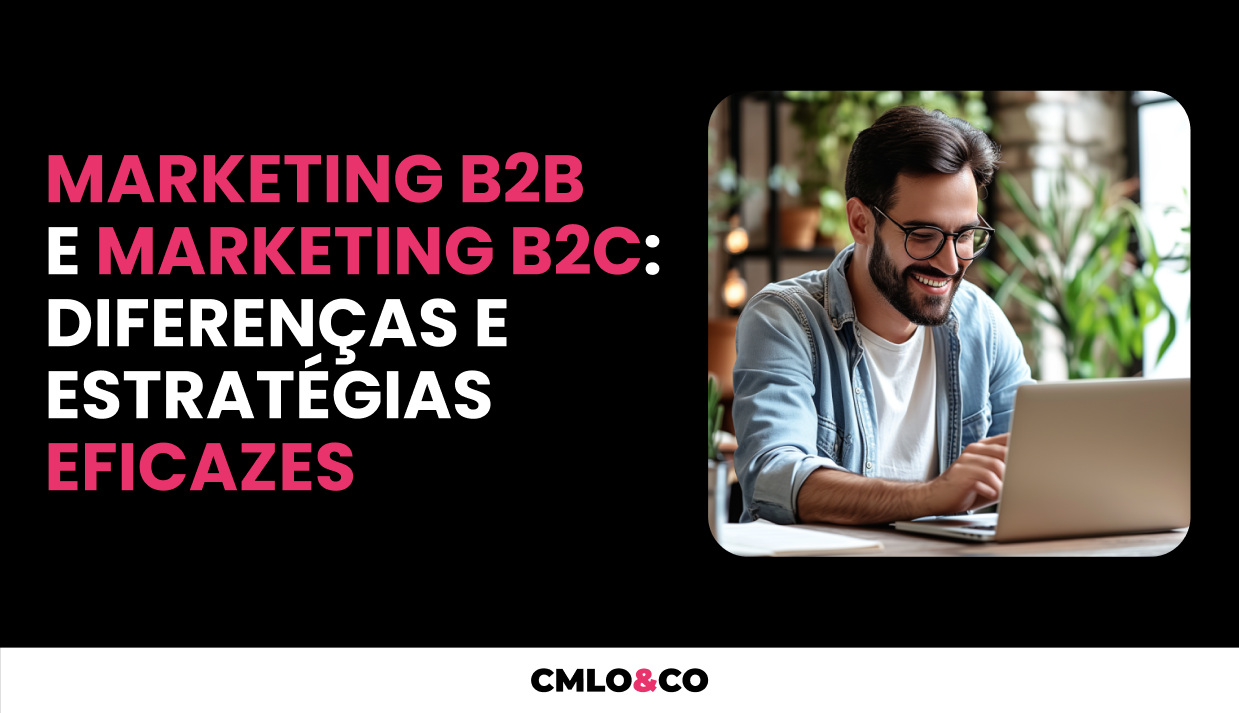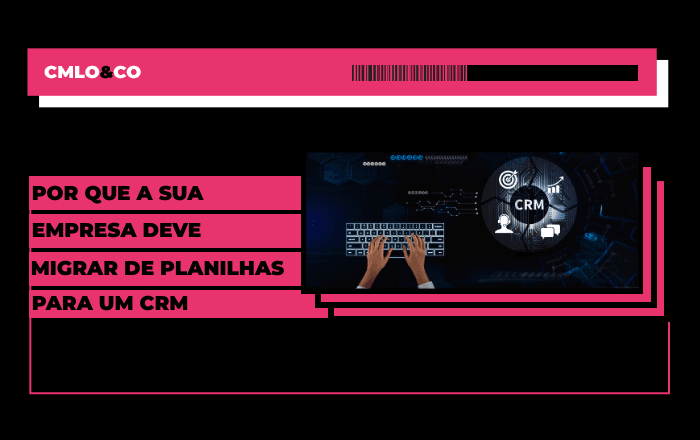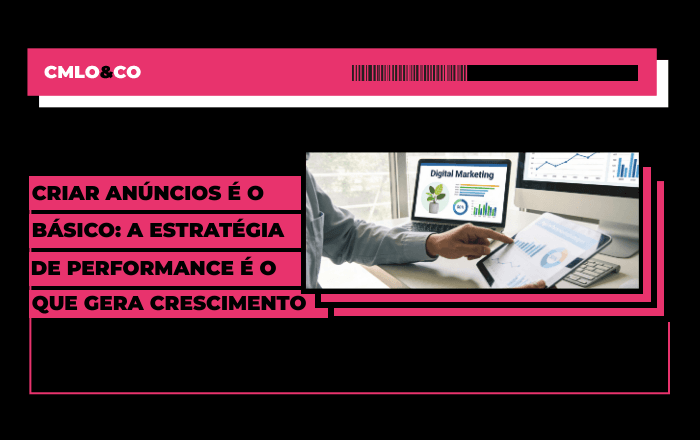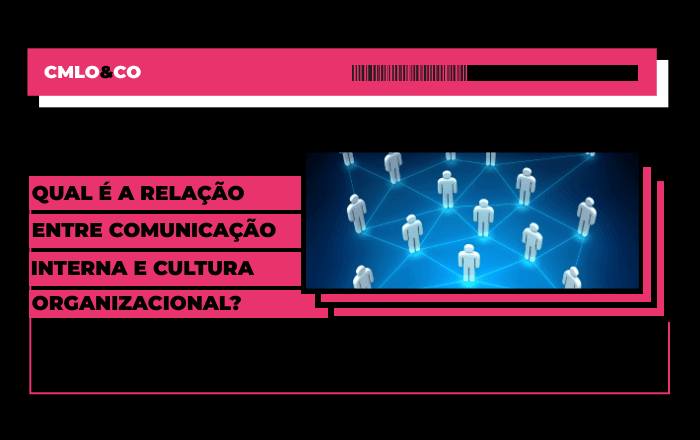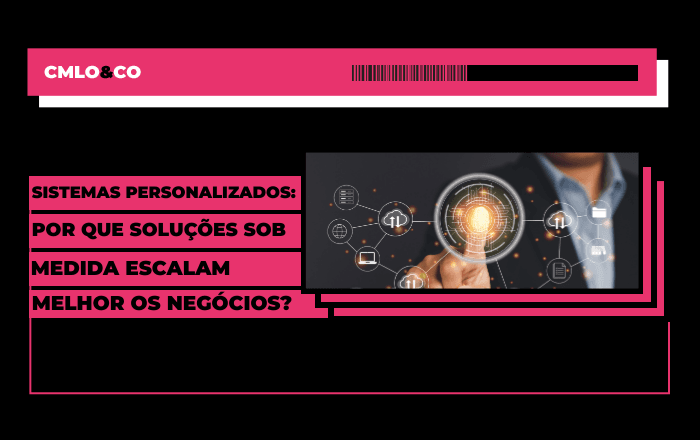Marketing plays a crucial role in the success of any business, and understanding the differences between B2B (Business-to-Business) marketing and B2C (Business-to-Consumer) marketing is fundamental to creating effective strategies.

In this article, we'll explain what B2B marketing and B2C marketing are, what their objectives and characteristics are, and how you can apply best practices to each. Follow along!
What is B2B marketing?
First of all, let's understand the acronym B2B. It stands for Business-to-Business, in other words, business between companies. Therefore, in this type of marketing, the focus is on selling products or services to other companies, which can be anything from suppliers to end customers.
The main objectives of B2B marketing are:
- Generate qualified leads, i.e. potential customers who show an interest in your product or service. In Business-to-Business marketing, it's important to attract leads who have the right profile for your business, i.e. who have decision-making power, available budget and a need for your solution.
- Build authority, to show that you are an expert in your segment and that you have the credibility to offer the best solution to your client. To do this, you need to produce relevant, educational and informative content that shows off your knowledge and differential.
- Building customer loyalty through a relationship that guarantees customer satisfaction and loyalty. This means maintaining frequent contact, offering support, after-sales services and upselling and cross-selling opportunities.
Features
The B2B business model has some specific characteristics that must be taken into account when planning and executing your marketing strategies. Check them out:
- Target audience: made up of companies, which can be of different sizes, segments and needs;
- Decision-making: this usually involves more than one person, such as managers, directors and even partners. This means that you need to convince not just one individual, but a group of people with different profiles, interests and objections;
- Sales cycle: longer than in B2C marketing, as the buying process involves more stages, such as research, evaluation, negotiation and approval. In addition, the products or services sold in B2B marketing usually have a higher value and greater complexity;
- Customer relationships: in B2B marketing, customer relationships are fundamental to building trust and loyalty. As the sales cycle is longer, you need to keep the customer engaged and interested in its solution;
- Purchasing decision process: more rational than emotional. This is because in this case, the customer is well-informed, knows what they need and what they want. What they actually take into account are factors such as cost-benefit, quality, warranty and return on investment;
- Type of content: content that educates, informs and solves the pains of your target audience, rich in information, data and examples. Some examples are blog articles, e-books, webinars, podcasts, infographics and videos;
- Relationship channels: in B2B marketing, the most commonly used relationship channels are e-mail, telephone and social networks.
What is B2C marketing?
B2C stands for Business-to-Consumer, i.e. business between companies and consumers.
In this type of marketing, the focus is on selling products or services to individuals, who can range from end consumers to influencers. Its objectives are:
- Increase brand awareness, so that your audience remembers it when they buy. To do this, you need to invest in brandingThese are actions to create and strengthen your brand's identity in the market;
- Generate traffic to your website or online store, where you can present your products or services and convert visitors into customers;
- Increasing sales: in B2C marketing, the ultimate goal is to sell more and better. To do this, you need to invest in conversion strategies, which are actions to encourage the visitor to take a desired action, such as buying a product, signing up for a newsletter or downloading free material.
Features
Just like B2B marketing, B2C also has some specific characteristics that must be taken into account when planning and executing its strategies. Check them out:
- Target audience: made up of individuals, who may have different profiles, preferences and behaviors;
- Decision-making: more individual and faster than in B2B marketing. This means that you need to adopt creative, emotional and impactful communication to capture the consumer's attention and convince them to buy your product or service in a short space of time;
- Sales cycle: shorter, as the buying process involves fewer stages, such as research, comparison and purchase. In addition, the products or services sold in B2C marketing usually have a lower value and a lower degree of complexity;
- Customer relations: in B2C marketing, customer relations are important for creating delight, loyalty and recommendations. To do this, you need to offer a positive shopping experience, quality customer service and an efficient after-sales service;
- Purchasing decision process: influenced by the consumer's emotional, social and psychological factors;
- Customer relations: more superficial and sporadic, but that doesn't mean it's any less important. It should be focused on creating a good purchase and post-purchase experience for the consumer, seeking their satisfaction and loyalty;
- Type of content: The type of content used in B2C marketing must be attractive, creative and persuasive in order to convince the consumer of the benefits and advantages of the product or service offered by the company. Some examples of content used in B2C marketing are videos, infographics and testimonials, stories etc;
- Relationship channels: these must be varied and accessible to the target audience. Some of the most commonly used channels are social networks (Facebook, Instagram, Twitter, etc.), blogs, websites and mobile applications.
B2C Marketing and B2B Marketing: focus on efficient communication, different strategies
Despite the differences between B2B and B2C marketing, both have something in common: a focus on efficient communication.
This means that companies must communicate with their customers in a clear, coherent and consistent way, using the appropriate means for each situation and audience.
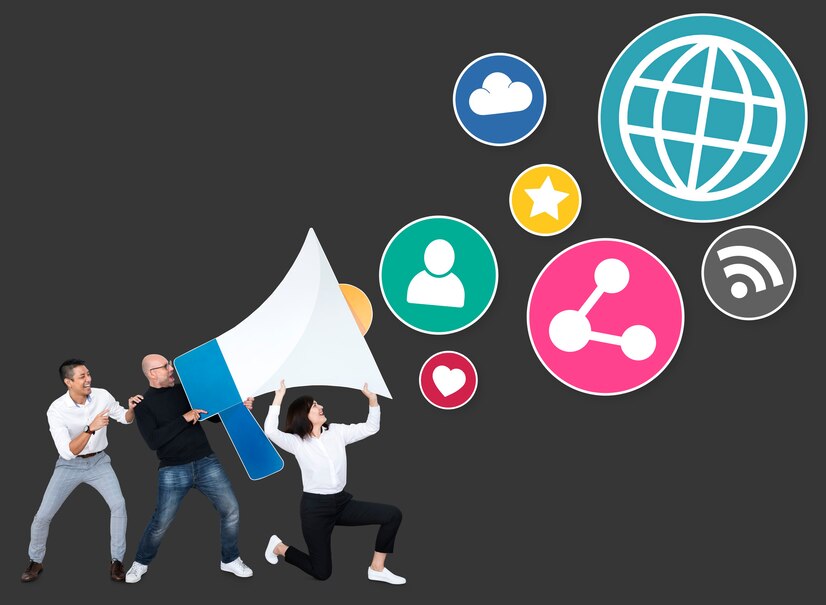
B2B Marketing Strategies
B2B marketing requires some specific strategies to achieve the desired objectives. Some of these are:
- Content based on reliable and up-to-date data for attracting leads qualified for the company;
- Focus on the differential of the product or service, communicating the added value of the solution offered by the company, showing the customer what is unique and special about it;
- Solutions that bring long-term results, because the business customer is not just interested in buying a product or service, but in solving a problem or achieving a goal. This can be done through elements such as consultancy, technical support, training, warranty, maintenance, etc.
B2C Marketing Strategies
B2C marketing requires a more creative and dynamic approach, as it involves a simpler and faster buying process, with fewer steps and influencers. Some of the main B2C marketing strategies are:
- A thorough understanding of the target audience, getting to know their profile, habits, preferences and behaviors in order to offer products or services that meet their expectations and needs. To do this, it is important to carry out market research, segment the public into personas and create personalized offers;
- Relationship with the consumer, creating a positive shopping experience and an emotional connection. To achieve this, it is important to have a active digital presence and consistent, interact on social networks, offer quality service, build customer loyalty with reward programs and encourage recommendations;
- Focus on the immediate benefits of the product or service, such as satisfaction, pleasure, comfort, practicality, savings, status, etc. The aim is to arouse the desire and urgency to buy.
Conclusion
As we've seen in this article, B2B marketing and B2C marketing are different ways of communicating with customers, depending on the type of product or service you sell. Each of these types of marketing requires specific strategies to attract, convert and retain customers.
That's why it's important to know your target audience and your market well, in order to offer solutions that are relevant and effective.
If you need help planning and executing the best marketing strategies for your business, whether B2B or B2C, you can count on CMLO&CO, a marketing and advertising agency which offers creative, innovative and personalized solutions for your success. Contact us and find out more!


